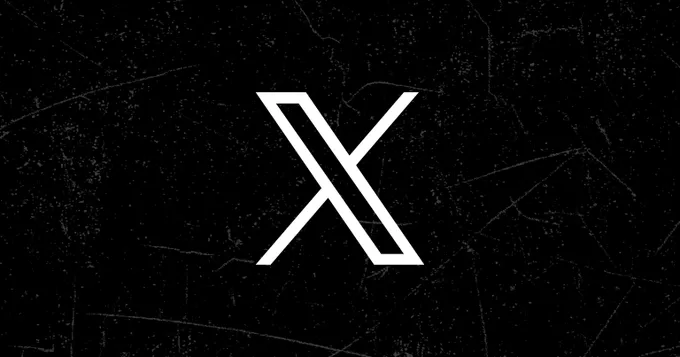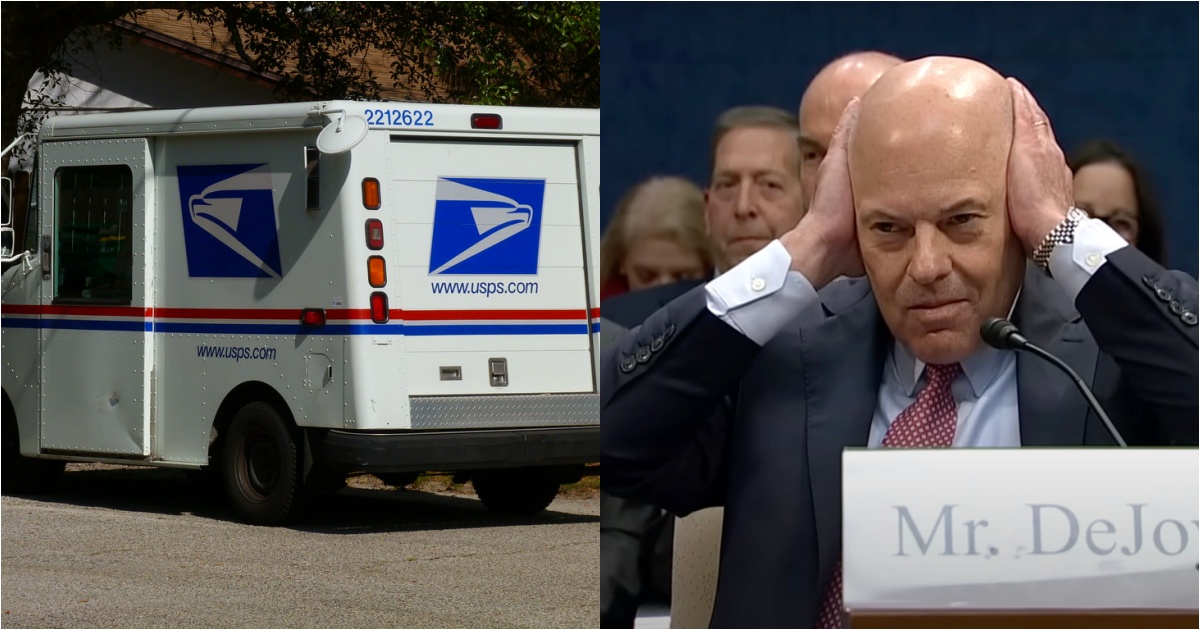X under Elon Musk continues to decline, both as a real-time news feed, and a free speech app, with the platform continuing to selectively restrict and block certain users and businesses, seemingly all based on the whims of its billionaire owner Elon Musk.
The latest findings on this front relate to requests in Germany and Turkey, which have both been approached very differently by the app.
First off, on Germany, where German researchers are trying to gather data from X to study potential election interference ahead of the upcoming national poll, which X has repeatedly refused.
As reported by Politco:
“In an urgent injunction, the Berlin Regional Court last Thursday instructed X to share real-time access to the data on the upcoming German elections via its online interface until Feb. 25 […] The plaintiffs, Democracy Reporting International (DRI) and the Society for Civil Rights (GFF), allege that X has hindered them from tracking potential election interference by not granting them access to key engagement data such as likes, shares and visibility metrics.”
And X has to provide such info on request.
Under article 40 the EU Digital Services Act (DSA), designated online platforms like X are required to provide access to such data to approved researchers, in order to enable analysis of “systemic risks”.
But X, at this stage, is still refusing to abide by the order, and some have speculated that it may be seeking to fend off facilitating such till after the German election on February 23rd.
Which, given X owner Elon Musk’s public support for the right-wing AfD party in the election, could raise questions over X’s partiality, and transparency, as required by EU rules. Which could lead to future fines for X, but then again, if Elon’s able to help AfD win influence, maybe those fines will be worth it either way.
As noted, this is the latest example of X’s clear political bias, and another questionable decision by the platform under Elon Musk, and it seems very clear by now that Musk is indeed using X as a political influence tool, in order to sway elections towards whichever party he personally favors.
The likely benefit for Musk is that by working with whatever party seeks him out, he can then cut deals with them that will benefit his companies if that party wins. And if they don’t win, he suffers no real penalty as a result.
Another example of this bias is in Turkey, where X recently complied with yet another Turkish government request to block the accounts of various prominent journalists and news outlets.
Elon Musk has a good relationship Turkish President Tayyip Erdogan, who has even asked Musk to build a new Tesla factory in Turkey, while he also recently noted that he’d be open to working with Musk on new technology projects, as part of Musk’s involvement with the Trump Administration.
Turkish authorities have repeatedly requested that X remove many posts and accounts belonging to Kurdish politicians, journalists and others, on the grounds that they’re distributing “terrorist propaganda,” though speculation has been that the Turkish government is trying to control certain narratives, and silence opposition on various fronts.
And while X has agreed that the Turkish government’s requests go beyond the bounds of the law, it continues to action them. Because the alternative, Musk says, is that X would be shut down for all users.
Yet in Brazil, a nation whose leadership Musk does not agree with, he was willing to take that risk, which did see X shut down in the region for a short time last year, after it refused to comply with Brazilian government requests.
It seems fairly obvious why X is taking a different approach in each case, as Turkey continues to give Musk what he wants, in exchange for cooperation, while the Brazilian government refuses to give Musk favorable deals on lithium, which Tesla needs for its cars
You can bet that if Brazil were to play along, Musk and X would have no problem meeting their requests.
Which, again, is increasingly evident in all of Musk’s dealings via X, that his platform will give favorable, preferential treatment to those who align with his mission, and penalize those who don’t.
That also extends to restricting the reach of posts that include links to publications he doesn’t like, removing verification from people who oppose him, and blocking connections to competitor apps, the latest being messaging app Signal.
Musk’s overt bias belies his repeated “free speech” stance, though that seemingly isn’t as clear to his millions of supporters, who continue to hang on his every word, and defend his stances.
Some suggest that this is simply a rebalancing of the platform, which was too left-leaning under Twitter. But the bias in decision-making, combined with Musk’s own public statements and criticisms of opponents, establishes a clear connection between Musk’s own goals and the leniencies of the app.
Which, eventually, is going to lead to more problems for Musk and his businesses. His political activity is already hurting Tesla sales, while violating EU rules will likely end up costing him more than it’s worth.
But when you’re the richest person in the world, financial penalties hold no real sway. Till they do, and when X is on the hook for more fines than it can handle, it’ll be interesting to see if Musk cuts and runs, or sees more potential to gain political favor through the app.














